While Wisconsin lawmakers have passed some tax cuts in recent years, a new book by the Washington-based Tax Foundation and the Milwaukee-based Badger Institute details how the state’s overall tax structure remains behind competitor states in simplicity, tax rates and business climate for residents and investment.
The book, Wisconsin Tax Options: A Guide to Fair, Simple, Pro-Growth Reform, is based on a year of more than 100 interviews with Wisconsin taxpayers, businesses and lawmakers, as well as a top-to-bottom study of the Badger State’s tax code history and trends.
Key Findings:
• Wisconsin’s individual income tax is one of the most poorly structured in the country, ranking 39th on the State Business Tax Climate Index. This is chiefly due to a high top marginal rate of 7.65 percent, which will be higher than all neighboring states except Minnesota once Iowa implements recent reforms.
• Wisconsin also has a narrow sales tax base and a corporate tax that accommodates agriculture and manufacturing but features one of the steepest rates in the U.S. at 7.9 percent, which poses a high barrier to entry for other industries.
• The book details four comprehensive tax reform options, each streamlining the tax code and lowering individual and corporate tax rates. To offset lost revenue, the options propose removing or consolidating duplicative tax provisions and expanding the sales tax base.
• The book also details recommendations to eliminate the state’s marriage tax penalty, repealing personal property taxes on business investment, and conforming the state tax code to the new federal tax law.
• Following the recent U.S. Supreme Court ruling in South Dakota v. Wayfair, Wisconsin’s sales tax collections are poised to increase, now that the state has authority to require more online sellers to collect and remit taxes. This new revenue stream provides Wisconsin with additional flexibility to pursue lasting reforms.
• Wisconsin’s tax structure currently ranks 32nd on the Tax Foundation’s State Business Tax Climate Index. Each of these reform options would improve that ranking to 14th or higher.
“Good tax policy is more than just how much revenue is raised,” said Katherine Loughead of the Tax Foundation, which has advised on state tax reform efforts in Indiana, Iowa, Minnesota, New York and North Carolina. “A good state tax system builds on strengths and compensates for weaknesses. We have tried to craft real, workable solutions that would help make Wisconsin a strong economy where growth and investment go, increasing opportunity for all.”
“We’ve made some progress in recent years, but we haven’t enacted the sort of comprehensive, fundamental change we need to compete and grow,” said Badger Institute President Mike Nichols. “A better, pro-growth tax system would result in more opportunity, more prosperity for all Wisconsinites. We can do better, but that means we need to step back and take a hard look at where we are in comparison to other states moving ahead much faster. Wisconsin should be a leader, not a laggard.”
Find a menu of reforms in the full report.
Founded in 1987, the Badger Institute (formerly the Wisconsin Policy Research Institute) is a nonprofit, nonpartisan 501(c)(3) guided by the belief that free markets, individual initiative, limited and efficient government and educational opportunity are the keys to economic prosperity and human dignity.
